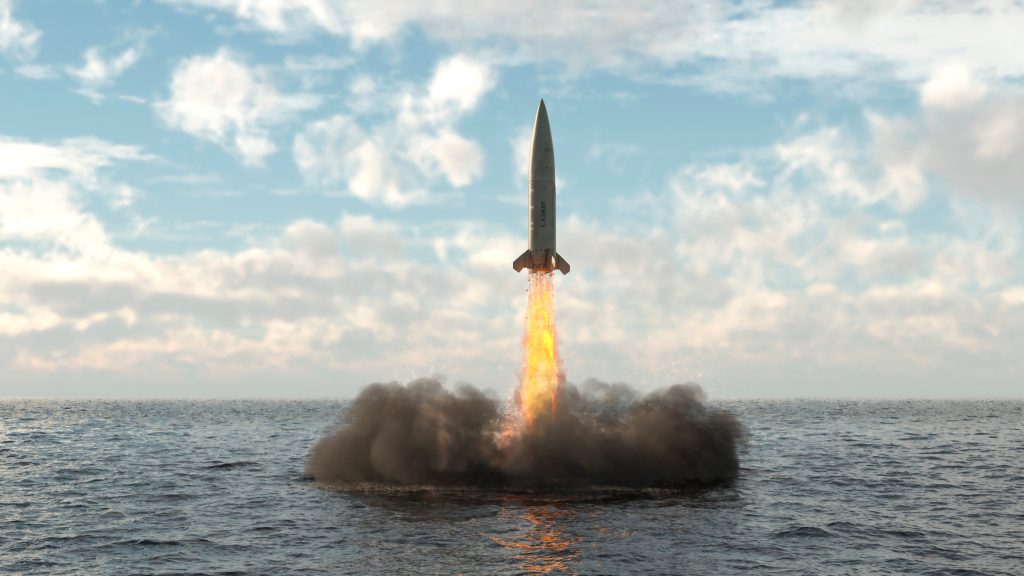Home > China advances its pawns in Afghanistan
August 2021. The Biden administration signs the end of the American intervention in Afghanistan, after twenty years of presence in the country, suffering war after war since the Soviet invasion (1979)[1]. In response to this disengagement, many regional actors are mobilising to ensure the stability of the state that recently fell to the Taliban[2]. Apart from Russia, Turkey and Qatar for geostrategic reasons (migration crisis, neighbourhood stability, national interests), the countries most involved in the Afghan crisis are Afghanistan's neighbours Iran, Pakistan, the Central Asian countries and China.[3].
Afghanistan's neighbouring country, sharing a common border of 76 km and diplomatically present in the country since 1955[4]China remains more committed than ever to invest in its neighbourhood in general, and had already advanced its pawns at the gates of Afghanistan, notably through the Silk Road (economy, infrastructures) as well as political and military alliances (Iran, Central Asian countries)[5]. Despite the instabilities, Afghanistan is not neglected and remains an object of desire for the Chinese government[6]. Diplomatic efforts and new investment attempts illustrate this very well[7].
In the summer of 2021, numerous meetings in China, specifically in Beijing and Tianjin, were held between Afghan, Taliban and Chinese representatives to ensure the continuation of the Chinese presence in Afghanistan and the Taliban's security commitments, for various reasons[8].
Firstly, Afghanistan is close to the Chinese province of Xinjiang, which has a Muslim majority (Uyghur) and is plagued by both separatism and Islamic terrorism (anti-Chinese attacks)[9].
Secondly, Afghanistan has important natural resources (rare earths, lithium), which are vital both for Chinese industry and for the Taliban in search of economic support[10].
Finally, China is striving to ensure the territorial integrity of the country and the stability of countries in which it has entered into major energy and infrastructure contracts, such as Pakistan[11].
The speeches of Chinese officials, including the chief (Wang Yi) and the diplomatic spokesmen and the ambassador in Kabul (Mr. Cong Peiwu), show that the Beijing government is advancing its position in Afghanistan in a security and economic discourse, and this, in a context of geographical proximity[12]. China is keen to keep Afghanistan within its sphere of influence.



